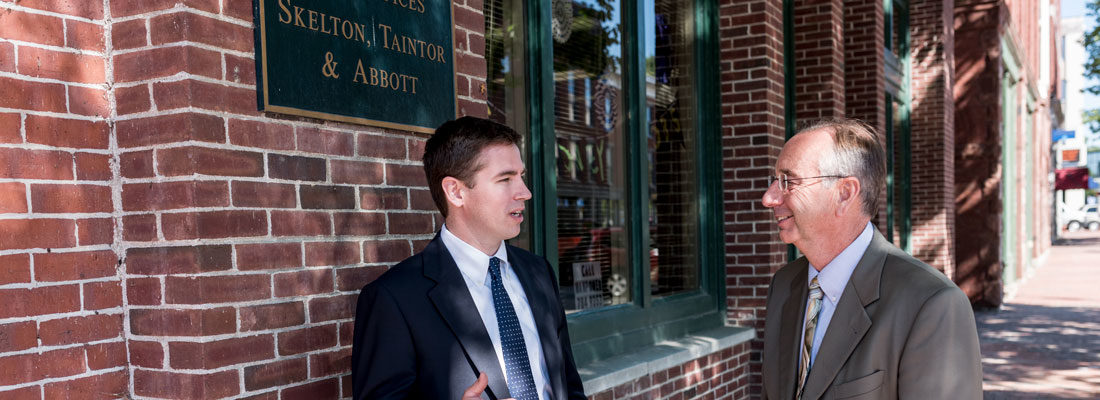When I first read the press on the EEOC v. Abercrombie case, I thought, wow, Abercrombie sounds as if they didn’t know there was a need for a religious accommodation here and they’re being found liable for refusing to accommodate a need they didn’t know existed. Then I read the facts of the case…
Samantha Elauf wore a hijab to her interview. Elauf did not mention the fact that she was Muslim, discuss the headscarf, or say she would need an accommodation from Abercrombie’s “Look Policy,” which prohibited employees from wearing “caps.” The interviewer gave Elauf a rating that qualified her for hire, but was concerned that Elauf’s headscarf was a forbidden “cap” under the “Look Policy.” Maybe the interviewer had no idea that there was religious significance to a hijab? Well, actually the interviewer sought guidance from an Abercrombie district manager and told him that she believed Elauf wore the headscarf because of her faith. The district manager decided that the headscarf violated Abercrombie’s “Look Policy” and directed that Elauf not be hired. In other words, even though the manager and interviewer weren’t technically sure Elauf wore a hijab for religious purposes and would therefore need an accommodation from the Look Policy, they thought she did. They decided to avoid having to accommodate by not hiring her.
As the Supreme Court put it, “Motive and knowledge are separate concepts. An employer who has actual knowledge of the need for an accommodation does not violate Title VII [the federal law prohibiting religious discrimination and requiring accommodation] by refusing to hire an applicant if avoiding that accommodation is not his motive. Conversely, an employer who acts with the motive of avoiding accommodation may violate Title VII even if he has no more than an unsubstantiated suspicion that accommodation would be needed.” In this case, Abercrombie suspected Elauf would need an accommodation from their Look Policy so chose not to hire her because they might have to allow her to wear her hijab to work. If they had known she would probably need an accommodation on religious grounds (knowledge) but chose not to hire her because she, say, she had been fired from her last 10 jobs (motive), they would have been fine. If your motivation is to avoid a duty to accommodate religious beliefs or conduct, you could land in hot water.
For example, let’s say an applicant tells you that they hope they can at least once in a while get Sunday mornings off to go to church. An employer needs to accommodate such a request if not overly burdensome by, say, allowing employees to switch shifts so the churchgoer can have a Sunday morning off. But you hear this statement in the interview and decide not to hire the person, who is otherwise a great candidate, because it sounds like it could be a hassle to deal with. You may well be in the same position as Abercrombie.
As the Supreme Court explained, “An employer may not make an applicant’s religious practice, confirmed or otherwise, a factor in employment decisions.” Even a neutral policy like Abercrombie’s Look Policy can run into trouble because the law “does not demand mere neutrality with regard to religious practices—that they be treated no worse than other practices. Rather, it gives them favored treatment, affirmatively obligating employers not “to fail or refuse to hire or discharge any individual . . . because of such individual’s” “religious observance and practice.” Religious discrimination includes not just treating persons differently because of their religion but also failure to reasonably accommodate an employee’s need for being excused from a workplace policy due to their religion. So, allowing Elauf to wear her hijab despite the Look Policy would probably be a reasonable accommodation. If wearing a head scarf in a plant near machinery made it dangerous, however, and there was no way to have the head scarf kept safely under a hard hat, then it probably would be fine for the employer to say, no, you can’t wear that in that job. Just as with accommodations for disabilities, it is an individualized analysis.
Questions? As it turns out, the Central Maine Human Resources Association is hoping to do a panel presentation on religious accommodation in the workplace, in the fall, in conjunction with the Androscoggin Chamber of Commerce. The mission would be to help local businesses handle issues around accommodation and learn solutions that are workable. More details as they develop. In the meantime, feel free to let me know what issues/problems/situations you would like to see addressed!
This article is not legal advice but should be considered as general guidance in the area of employment and corporate law. Rebecca Webber is an employment attorney; others at the firm handle business and other matters. You can contact us at 784-3200 (telephone). Skelton Taintor & Abbott is a full service law firm providing legal services to individuals, companies, and municipalities throughout Maine. It has been in operation since its founding in 1853.
